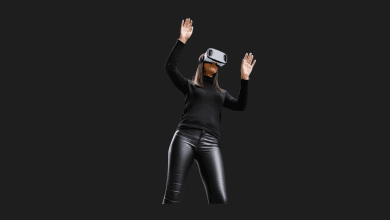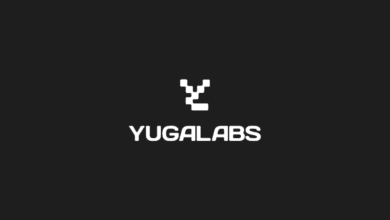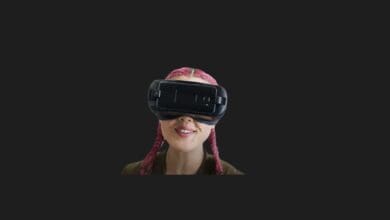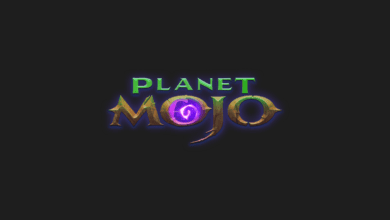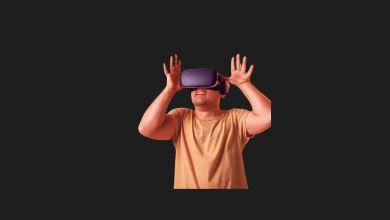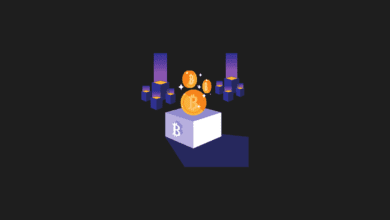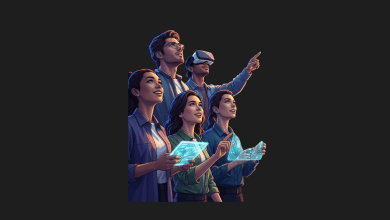Decoding the Metaverse Economy: How Does It Really Work?
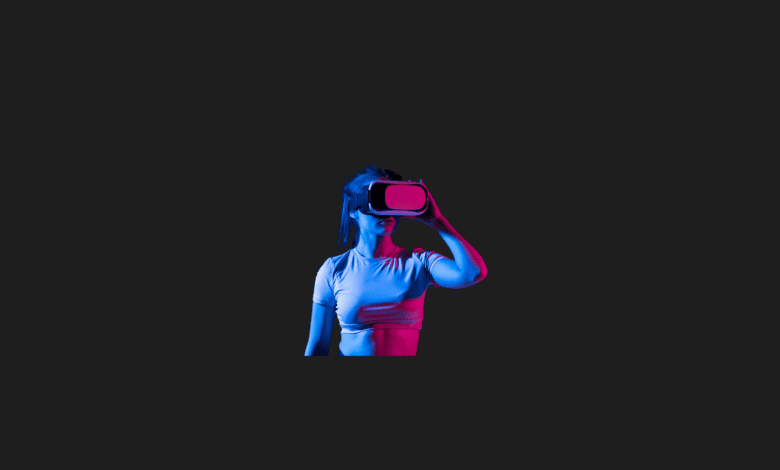
As of my last knowledge update in September 2021, the concept of the Metaverse was primarily theoretical, with various companies working on developing their own versions of a virtual universe.
However, by examining existing virtual worlds and online platforms such as Second Life, Decentraland, or The Sandbox, we can gain insight into how an economy might operate within a Metaverse.
Digital Assets:

The most fundamental component of any economy is assets. In a Metaverse, these assets could include virtual real estate, digital art, digital clothing, and other digital goods. Similar to the real world, these assets can be bought, sold, or traded. With the emergence of blockchain technology and Non-Fungible Tokens (NFTs), ownership and provenance of these digital assets can be secured and verified.
Digital Currency:
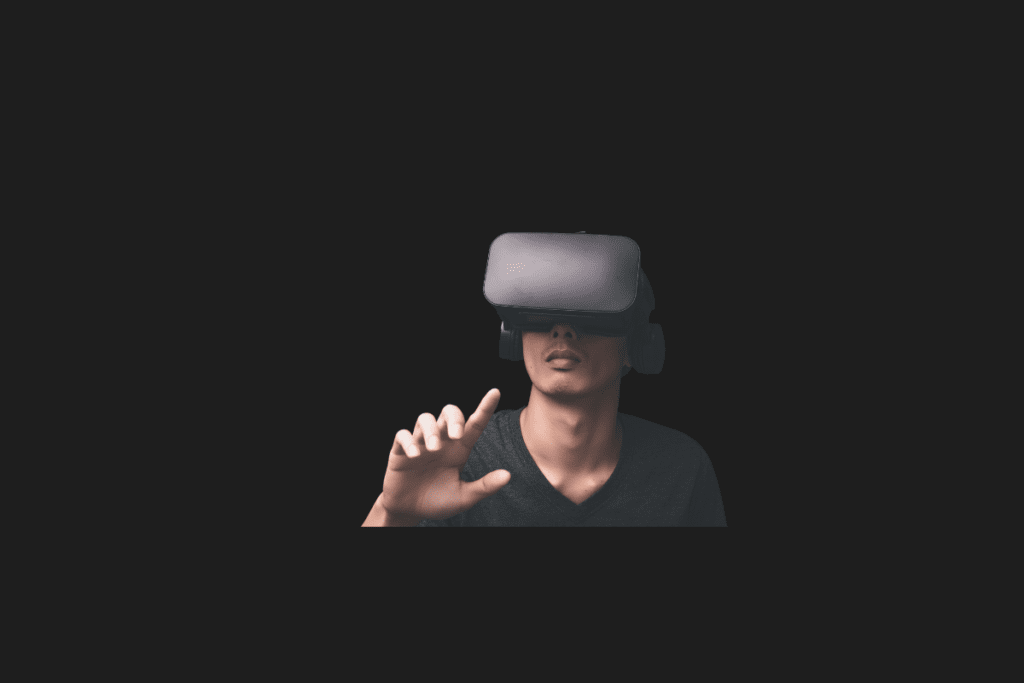
Virtual worlds frequently feature their own digital currencies, facilitating the purchase of digital assets or services. These virtual currencies may be cryptocurrencies based on blockchain technology in some instances, allowing conversion into real-world money. Alternatively, they might be tokens exclusive to the virtual environment, obtainable through in-game actions or acquisition with real-world currency.
Decentralization:
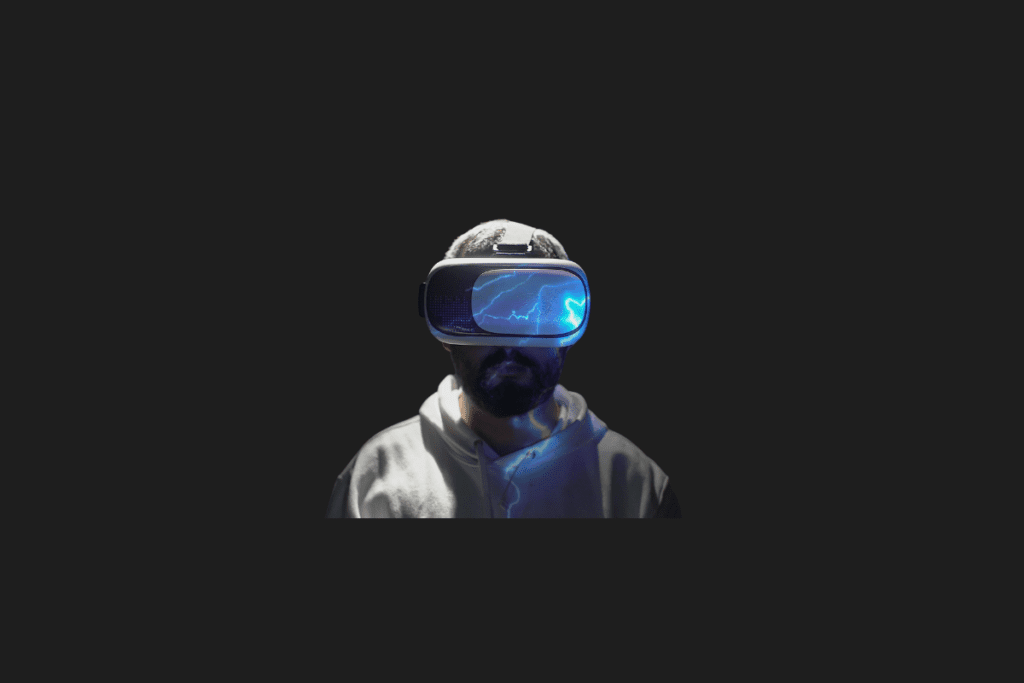
One of the primary distinctions between a conventional economy and a virtual one lies in their degree of decentralization. Traditional economies are typically governed by governmental bodies and central banks, whereas numerous virtual economies operate on decentralized blockchain technology. As a result, they are not bound by the same regulatory constraints and can function on a worldwide scale independently of intermediaries.
Labor and Services:

In the Metaverse, users can provide their skills and services to others, much like in the physical world. For instance, they could work as virtual architects, designers, or event planners. Additionally, they could generate income through gameplay, such as by winning competitions or accomplishing quests. Subsequently, users could utilize their earnings to acquire digital assets or services.
Adoption and User Engagement:

The value of a virtual economy primarily hinges on user engagement and adoption. The greater the number of users and their level of engagement, the higher the value of digital assets and services within that economy will be.
Interoperability:
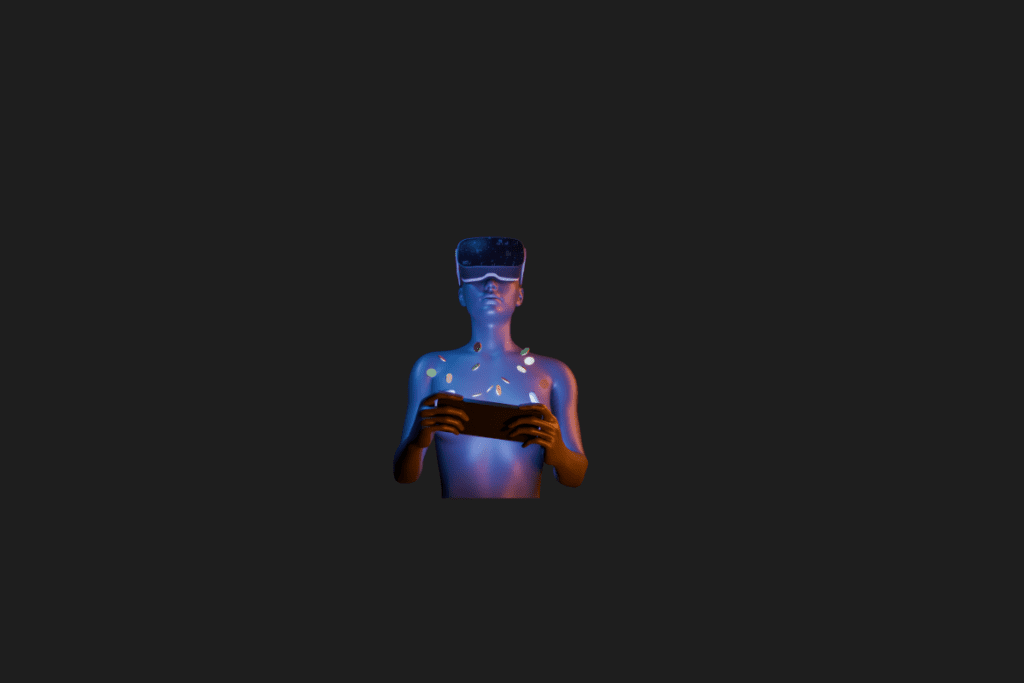
One unique feature of certain virtual economies is the capability to transfer assets across various virtual worlds or platforms. This interoperability is facilitated by blockchain technology, enabling the creation of “cross-chain” assets that can exist on multiple blockchains.
Real-World Integration:

Some virtual economies are interconnected with the real world, enabling users to acquire real-world goods and services using virtual currency or assets. This may encompass items such as physical merchandise, event tickets, or even real estate.
It’s essential to recognize that the operational details of an economy within a Metaverse may vary depending on the platform and its governance framework. Nonetheless, these are among the fundamental components that are expected to be present in virtually any virtual economy.



